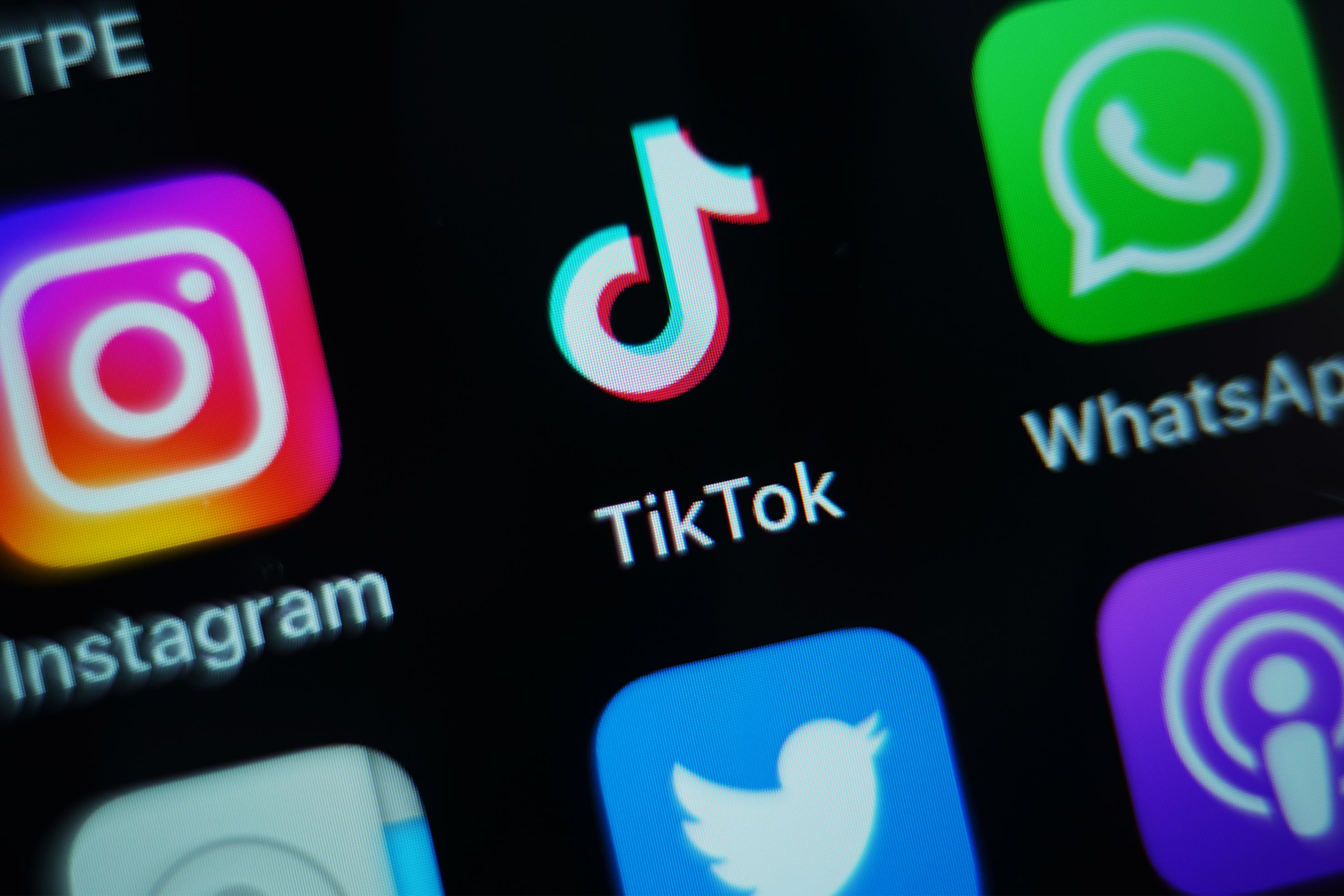Gen Z ushering in ‘post-truth media age’, says former No 10 communications chief
Younger people are shunning traditional news outlets in favour of social media, despite saying they trust its content less.

Members of Generation Z are shunning traditional news outlets in favour of social media, despite saying they trust its content less, according to a study on the UK’s media habits.
The research also found 18-24 year olds were twice as likely to get their news from TikTok than the BBC.
Lee Cain, the former No 10 communications director and founding partner at Charlesbye, the communications firm which commissioned the study, said the findings indicated so-called Gen Z was ushering in a “post-truth media age”.
The report, Talking to the Nation: How To Speak To Modern Britain, saw Research Interactive, acting on Charlesbye’s behalf, conduct polling and focus groups with more than 8,000 people.
The study, said to be one of the largest of its kinds in the UK, asked people to rank their most trusted media outlet.
Among Gen Z participants — traditionally defined as those born between 1997 and 2012 — television news channels scored highest with 31%, newspapers topped a fifth of lists and dedicated news websites scored highly with 13% of respondents.
All three ranked above commentators on social media, which was most trusted among 11% of so-called Zoomers.
Despite that, more than a third of people surveyed aged between 18-24 and who said they followed the news stated that social media feeds were their primary news source, compared to almost a fifth who said television, 13% who said newspapers and 12% who said news websites.
Traditional media was found to still dominate among older people.
According to the report published on Wednesday, nearly half of 45-54 year olds who follow news said they received at least 40% of their news from TV, 16% from newspapers and a fifth from news websites.
This generation is ushering in a post-truth media age where they prioritise content over truth
Only 12% in that age bracket said their primary news source was social media.
Mr Cain said: “Gen Z is overwhelmingly turning to social media for news, despite trusting it far less than traditional news sources.
“This generation is ushering in a post-truth media age where they prioritise content over truth.
“This trust deficit could have huge implications in a year of elections across the world and geopolitical uncertainty — preparing the ground for an explosion of deep fakes and disinformation campaigns.”
Mr Cain is a former journalist who was part of the Vote Leave campaign during the Brexit referendum.
He later served as director of communications under Boris Johnson’s premiership and was involved in the decision to unlawfully prorogue Parliament in 2019 during the row around exiting the European Union.
His Downing Street leaving do in November 2020 was among the events investigated as part of a probe by former senior civil servant Sue Gray into the coronavirus partygate scandal.
The report commissioned by Mr Cain’s firm also found that young people are twice as likely to get their news from TikTok than the BBC.
More than 40% of 18-24 year olds receive news from the Chinese-owned social media giant once a day or more, compared to 19% for the BBC, the study found.
Instagram (44%), Facebook (33%) and Elon Musk’s X (24%), formerly known as Twitter, were also more frequented than the national broadcaster by those in Gen Z, the study found.
The report says that 18-24 year olds are the least engaged in current affairs, with only a third specifically reading, listening or watching news outlets to keep in touch with what is going on.
Elsewhere, Britons were found to still be avid consumers of news, with three-quarters of the population consuming news on a daily basis, while more than two-thirds said they read a newspaper at least on a monthly basis.
Older generations are significantly more likely to stay on top of current affairs, with nearly 90% of over-55s doing so on a daily basis.
Television was found by the survey to be Britain’s most trusted source of news.
Bookmark popover
Removed from bookmarks